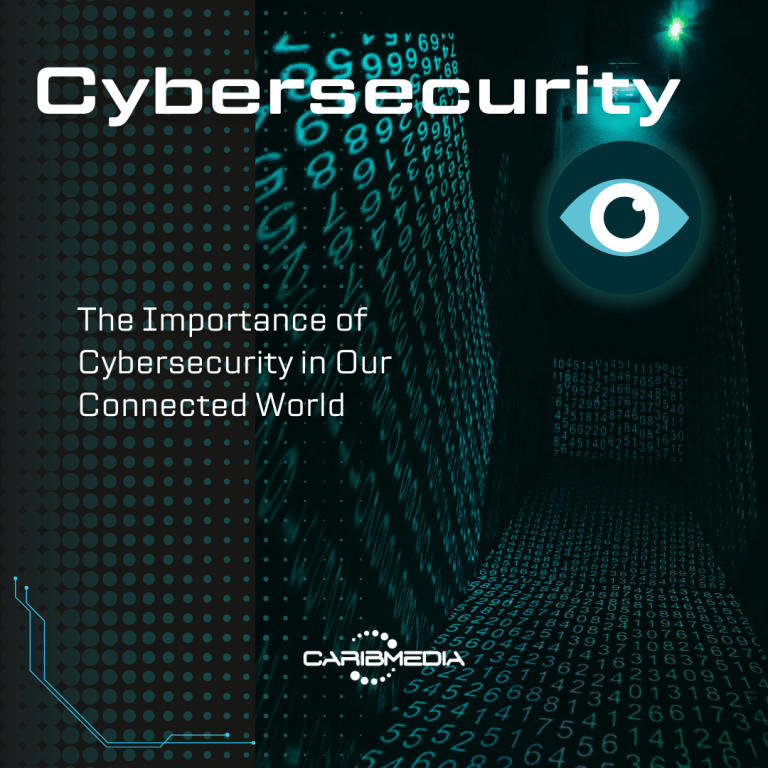
12 May 2023 The Importance of Cybersecurity in Our Connected World
Cybersecurity has become an increasingly important issue. Cyber threats are constantly evolving and becoming more sophisticated, targeting both individuals and businesses. It is crucial to take cybersecurity seriously and implement basic cybersecurity practices to protect ourselves and our businesses from cyber threats.
Cybersecurity involves protecting our personal information, such as financial information and other sensitive personal information. Cybercriminals can use this information to steal our identity or financial assets, causing significant harm. Therefore, it is crucial to use strong and unique passwords and implement two-factor authentication to prevent unauthorized access to our accounts.
Businesses are also at risk of cyber threats, which are ultimately a business risk. It is essential for business owners to apply best practices to protect their company’s data.
Small businesses, in particular, may lack the resources to hire a large security team. Nonetheless, it is important for businesses of all sizes to be aware of current and emerging cybersecurity threats and to take appropriate steps to protect themselves.
New tools powered by AI demonstrate some of the emerging threats such as the ability to write malware, crack passwords more easily, carry out social engineering, detect and exploit software vulnerabilities, and sift through large quantities of compromised data very quickly.

However, there are resources available to ensure that businesses have the basics of what they need to do to keep their business safe. Below are some fundamental cybersecurity best practices that can be implemented to protect ourselves and our businesses from cyber threats:
- Use strong and unique passwords: Passwords should be at least 10 characters long and include a mix of upper and lowercase letters, numbers, and symbols. Avoid using common words or phrases that can be easily guessed.
- Implement two-factor authentication: Two-factor authentication adds an extra layer of security by requiring a second form of verification, such as a code sent to your phone, or generated by an app such as Google Authenticator, Microsoft Authenticator or Authy, in addition to your password.
- Keep software up to date: Software vulnerabilities can be exploited by cybercriminals to gain access to your system. Always keep software up to date with the latest security patches and updates.
- Be cautious of suspicious emails and links: Phishing emails and links are designed to trick you into revealing personal information or downloading malware. Be cautious of emails or links from unknown senders and verify the authenticity of any requests for personal information. Take a closer look at email headers to see if the email addresses are being disguised to look like something they are not.
- Backup of important data: Regularly backing up important data can prevent data loss in the event of a cyberattack or system failure. Consider using secure, encrypted cloud storage and not just external hard drives for backups.
- Educate and train employees on cybersecurity best practices and emerging threats: Cybersecurity is a collective responsibility, and all employees should be aware of basic cybersecurity practices, such as avoiding suspicious emails and links and using strong passwords. Furthermore, they should be educated on the possibilities that artificial intelligence (AI) brings about, especially in terms of emerging threats such as voice cloning and deep fakes / fabricated videos that are becoming indistinguishable from reality.
With the increased availability of AI tools, the ability for cyber criminals to apply this technology in cyberattacks is greater than ever before. Telling what is real and authentic from what is not has and will become increasingly difficult. The cat-and-mouse game between cyberattacks and cyber defense will be taken to another level, one where the protective tools and countermeasures will continuously need to be refined and improved to deal with the new generation of threats that have already started to emerge.


Sorry, the comment form is closed at this time.